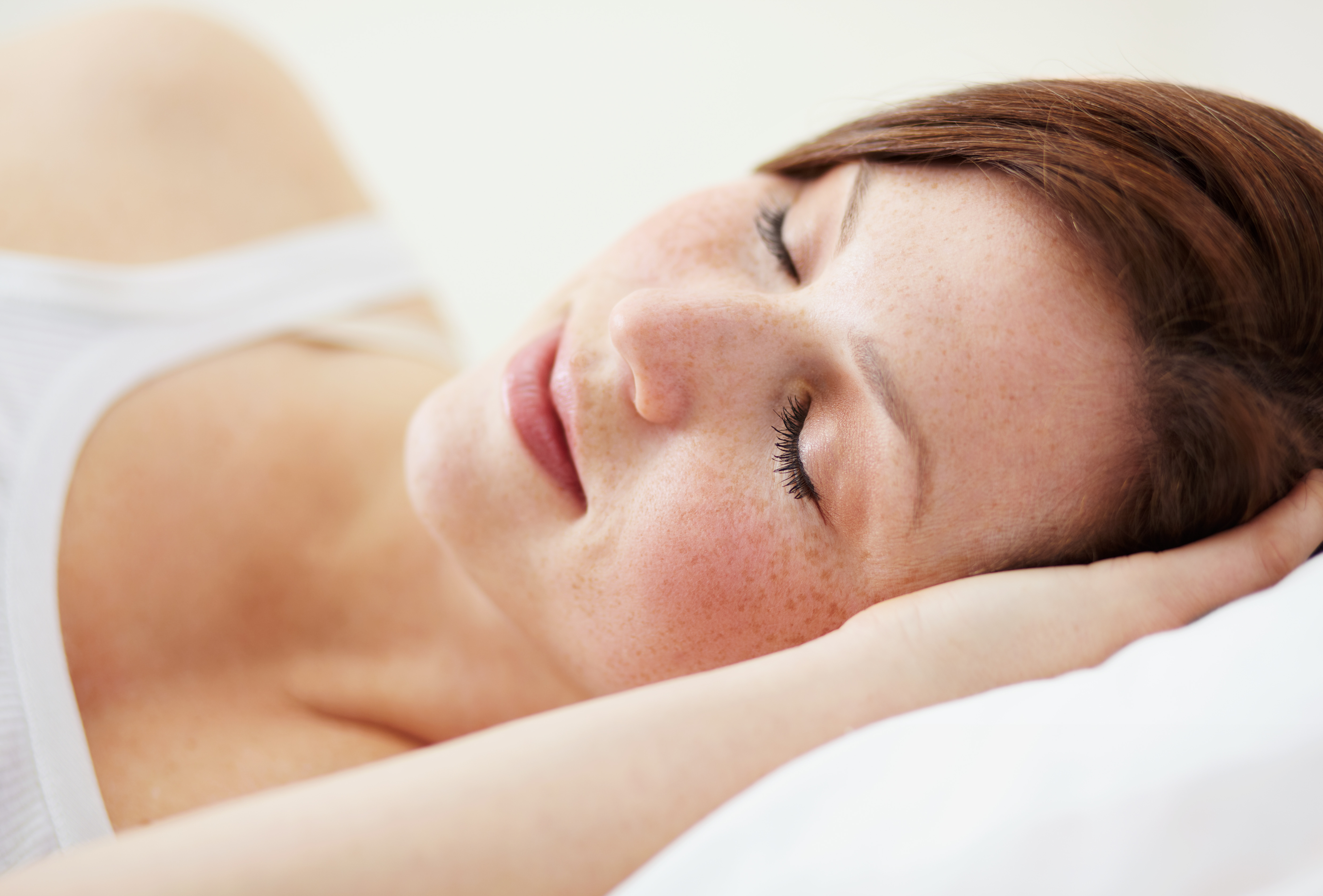Three Little Known Secrets That Transform Your Hair Health
The Impact of Stress and Sleep on Hair Health

In our fast-paced world, stress has become an all-too-common companion, and its impact on our hair health is often underestimated. Chronic stress can lead to a condition known as telogen effluvium, where hair follicles enter a resting phase and subsequently shed more than usual. This can result in noticeable thinning and hair loss. One secret to maintaining healthy hair, therefore, lies in managing stress levels. Techniques such as meditation, yoga, and deep-breathing exercises can help mitigate the effects of stress on the body, including the hair.
Moreover, the importance of sleep cannot be emphasized enough. Quality sleep is essential for overall health, and it plays a critical role in hair health as well. During sleep, the body undergoes various restorative processes, including cell repair and regeneration. Lack of sleep can disrupt these processes, leading to weakened hair and an increased likelihood of hair loss. Establishing a consistent sleep schedule and creating a relaxing bedtime routine can greatly improve both sleep quality and hair health.
Additionally, the connection between stress, sleep, and hormonal balance is significant. Stress can lead to hormonal imbalances, which can further exacerbate hair loss. For instance, elevated cortisol levels can interfere with the hair growth cycle. Therefore, managing stress and ensuring adequate rest are not just lifestyle choices but essential components of a comprehensive hair health strategy. By prioritizing mental well-being and restorative sleep, individuals can create a nurturing environment for their hair to flourish.
